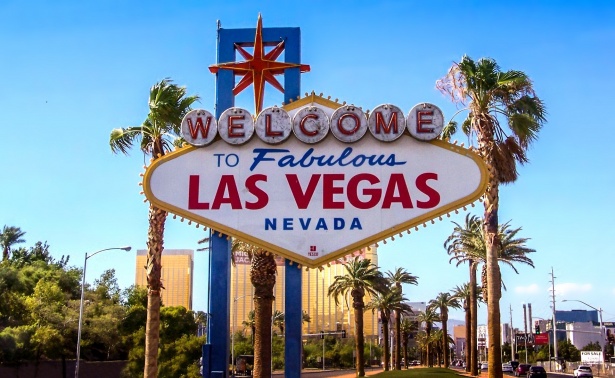
If you haven’t heard, Las Vegas has become the epicenter of recreational cannabis commerce in the United States. There are more than 75 dispensaries surrounding the Las Vegas strip with possibly the largest variety of cannabis cultivars in the world. Nevada Governor Steve Sisolak just signed three new cannabis reform bills for the people of Nevada, too. Assembly Bill 192 seals the records of anyone in Nevada convicted of low-level cannabis-related crimes that are now not offenses, such as possession. Senate Bill 430 expands qualifying conditions for medical cannabis cards to include people with opioid addictions and chronic pain.
The bill that is really catching headlines though, and is the first of its kind, is Assembly Bill 132. This piece of legislation prevents the majority of employers in Nevada from discriminating against applicants who fail a drug test for THC. It also prevents current employees from losing their job should they fail a drug test. Despite the fact that 11 states have legalized adult-use cannabis, and 33 states have permissive medical cannabis programs, states have not done much to force employers from their traditional hiring practices, which often include drug tests for cannabis. THC can linger in the body for over a month, well after the psychoactive effects of cannabis have worn off. So, many applicant and employees who fail are not even high when the tests take place.
The Las Vegas area made even more headlines when one of its busiest cannabis lab testing facilities, Digipath Labs, was quoted in a Forbes article that questions the current naming convention of cannabis strains. The article, “Game of Genomes: The Battle for the King of Cannabis Strains Is Just Heating Up,” claims that the breeding efforts of cannabis growers have been amateur up until now and based solely on what cannabis plants look like, or what is scientifically referred to as their phenotypes. Dr. Cindy Orser of Digipath wrote an article suggesting that the only true common denominators differentiating cultivars are their terpene profiles. The current naming convention for cannabis strains has led to multiple trademark infringement cases, and so it is reasonable to expect that if cannabis is ever descheduled nationally, the naming convention of cultivars may need to be changed.
Everyone knew that the movement to legalize cannabis would result in many lawsuits, and in order to create an industry that the federal government could actually accept and build oversight for, certain practices would need to change. Forcing employers to stop eliminating potential applicants and firing current employees for failed drug tests will undoubtedly bring about lawsuits that could reach the Supreme Court. Forcing the industry to change its breeding practices and naming conventions means more restrictions and more lost money potentially. If Las Vegas continues to grow its cannabis industry, it will likely remain a focal point of controversy for the cannabis industry.



Leave a Reply